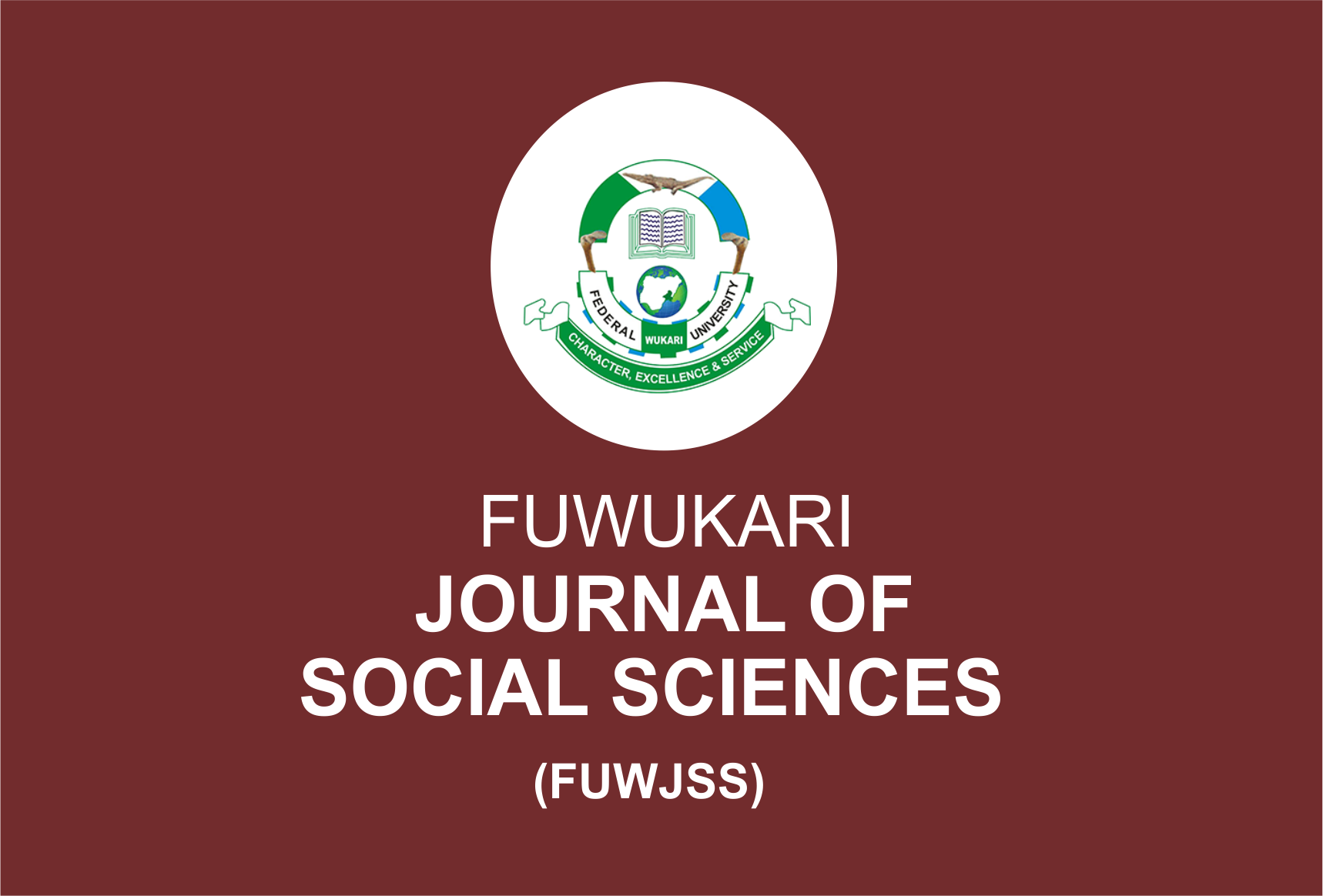Political Economy of Nigeria’s Land Borders Closure
Christopher Ikem Olisah , Paul Solomon and Joshua Oji Zachariah
Keywords: Security, economy, border closure, inflation, standard of living
Abstract
This paper examines how the ban on movements of persons and goods across Nigeria’s land borders impacts on internal domestic political and economic issues. The paper employs the historical research design which reviewed and content analyzed secondary data from textbooks, periodicals, journal articles, newspapers, seminar/conference papers and magazines. Data analysis was anchored on Push and Pull Theory and Economic Nationalism. Major findings revealed that smuggling activities have not been stopped in Nigeria due to the porous nature of Nigeria’s land borders; consequently, insecurity and inflation have been on the increase since the closure of Nigeria’s land borders in 2019. The paper concludes that despite the Nigerian federal government’s acclaimed success for closure of the nation’s land borders, this closure has not yielded any significant long-term success to address daunting political and economic challenges bedeviling the country. The paper recommends the modernization of customs/immigration operations alongside other related border security agencies, wherein these agencies use more advanced information technology management procedures that enhance accountability and transparency. Similarly, concerted realistic policies with robust security synergy between Nigeria and other neighbouring countries in the fight against transborder crimes should be intensify, instead of resorting to land borders closure which has negative effects on the politics and economy of Nigeria.
Author Biography
Christopher Ikem Olisah1
Paul Solomon1
Joshua Oji Zachariah1,2*
1Department of Political Science,
Federal University Wukari, Nigeria
2Department of Political Science,
University of Nigeria, Nsukka
Corresponding Author*:[email protected], [email protected]

